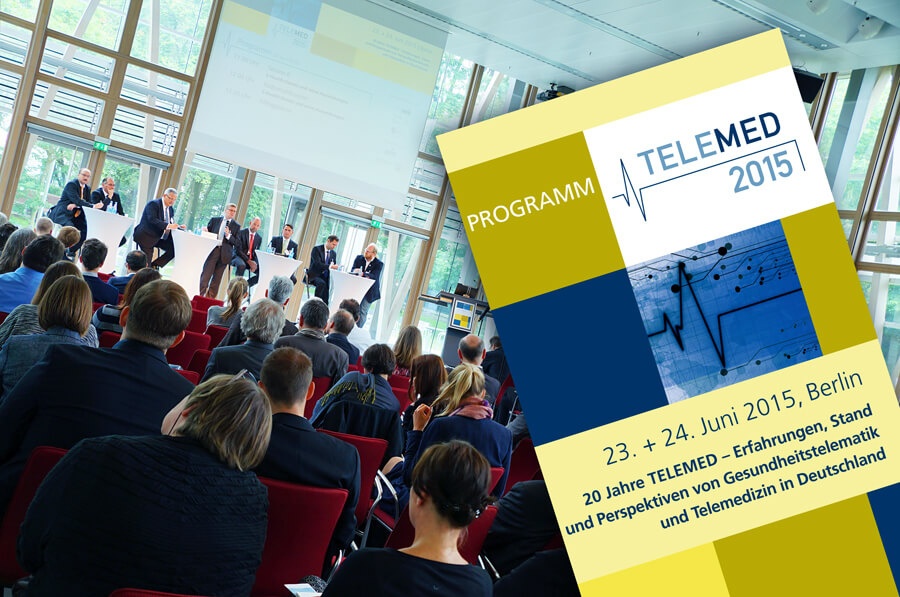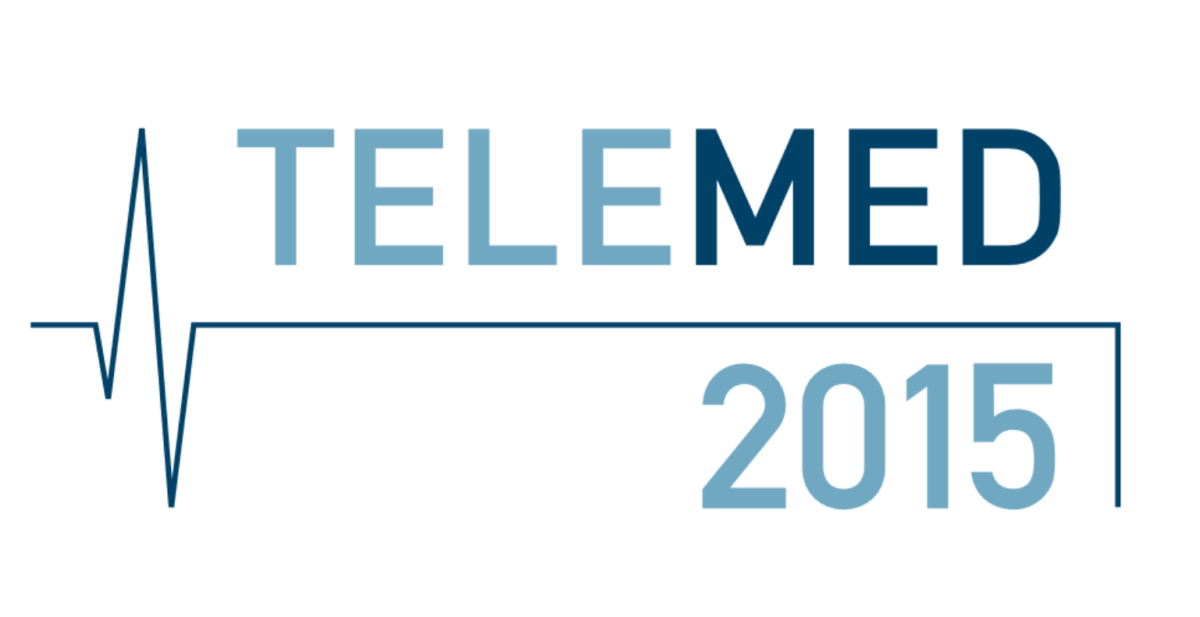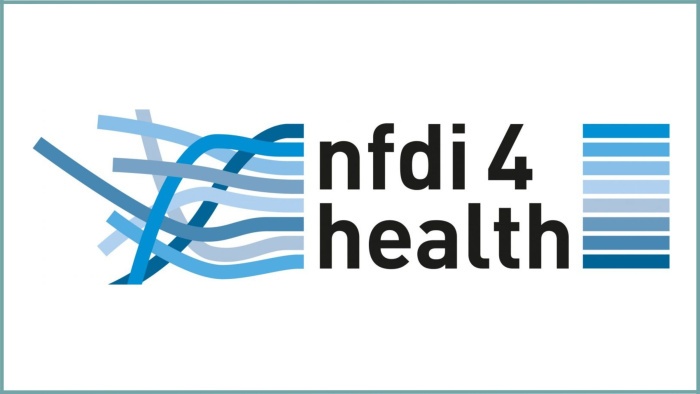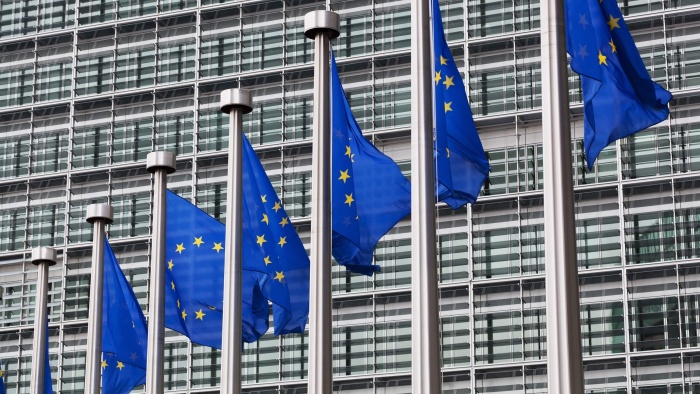E-Health to Ensure and Improve High-Quality Healthcare

Flyer and Audience from the Telemed 2015 © TMF e.V.
"Germany needs the telematics infrastructure and the networking of those involved in healthcare to ensure and further improve high-quality healthcare in the face of demographic change," emphasized Oliver Schenk, Head of the Department "Fundamental Issues of Health Policy, Telematics" at the Federal Ministry of Health (BMG) at the opening of the 20th TELEMED in Berlin. Under the motto "20 Years of TELEMED – Experiences, Current State, and Perspectives of Health Telematics and Telemedicine in Germany," more than 120 medical researchers, IT experts, and industry representatives are discussing today and tomorrow at the Representation of the State of North Rhine-Westphalia at the Federal level in Berlin on the current development of telemedicine and the further expansion of telematics infrastructure in Germany.

The BMG sees the telematics infrastructure as crucial for rapid, secure, and practical communication in healthcare. In the future, it should support healthcare services comprehensively and thus contribute not least to a more personalized medical care and to more self-determination and self-responsibility of patients. The constantly growing number of innovative technological developments enables the rapid transport of large amounts of data and intelligent data analysis. Valuable new insights can thus be gained, which can only arise from the networking of research and healthcare. For this reason, Schenk calls on all stakeholders from science, industry, politics, and self-administration to work together on good solutions for a secure, innovative, efficient, and effective healthcare system of tomorrow.
"When will telemedicine finally become part of standard care?"
On its anniversary, TELEMED also looks back on 20 years of practiced health telematics and telemedicine. TELEMED co-founder Günter Steyer critically reflects, for example, on the factors that have hindered the successful integration of telemedical applications into standard care so far: In addition to the still insufficient use of standards, inadequate interoperability between system participants, current legal framework conditions, and inadequate promotion of acceptance, there are also a lack of political will over a long period and the absence of sustainable financing models and qualification opportunities. However, it should be noted positively that, especially due to medical undersupply in structurally weak regions and the growing health awareness of the population, the need for the use of telemedicine is more present among all stakeholders than ever before.
Dialogue with the States – Host NRW Intensively Promotes Telemedicine
With the choice of the Representation of North Rhine-Westphalia as the venue, a contribution is to be made to intensifying the dialogue with the federal states. "I am particularly pleased that this year's TELEMED is being hosted as part of its anniversary and, thus, intensifies the health policy discourse with all states: The e-health activities of the states have a special place in the TELEMED program. In NRW, many telemedicine applications are already part of standard care. Digitization of healthcare is one of our central goals." This was emphasized by Gerhard Sauer, Deputy Head of the Representation of the State of North Rhine-Westphalia at the Federal level, in his welcoming address at the opening of TELEMED 2015.
Effects of the E-Health Act
The Federal Government's Digital Agenda and the draft E-Health Act, which was adopted by the Cabinet a few weeks ago, clearly demonstrate the political will to expand telematics infrastructure. Great interest is also evident in the diverse initiatives of the federal states and associations. On the second day of the congress, users and providers, as well as representatives from research institutions, universities, and healthcare policy, will discuss the impact of the new law on the various actors and areas of the healthcare system. This will also focus on the opportunities of e-health for the empowerment and self-management of patients, as well as the benefits of telematics from the citizens' perspective.
Press Contact
Antje Schütt
Phone: 030 - 2200 247-31
Mobile: 0173 6141-663
E-Mail
Anja Brysch
Phone: 030 - 2200 247-14
E-Mail
Brief Information on TELEMED
TELEMED 2015 is jointly organized by the Professional Association of Medical Informatics (BVMI), the TMF - Technology and Methods Platform for Networked Medical Research (TMF), the German Society for Health Telematics (DGG), and with the participation of the German Society for Medical Informatics, Biometry and Epidemiology (GMDS) and the Representation of the State of North Rhine-Westphalia at the Federal level.
As the National Forum for Health Telematics and Telemedicine in Germany, TELEMED provides a platform for application-oriented scientific dialogue between users, providers, research institutions, universities, and healthcare policy. It was the first event in Germany to focus on health telematics and telemedicine from the outset. In 1996, it was launched as an initiative of the BVMI state representation Berlin-Brandenburg together with the Free University of Berlin. In 2004, the conference was further developed into the National Forum for Health Telematics and Telemedicine, jointly with the TMF and the DGG. Since then, numerous partners have been involved in the conference program committee.


